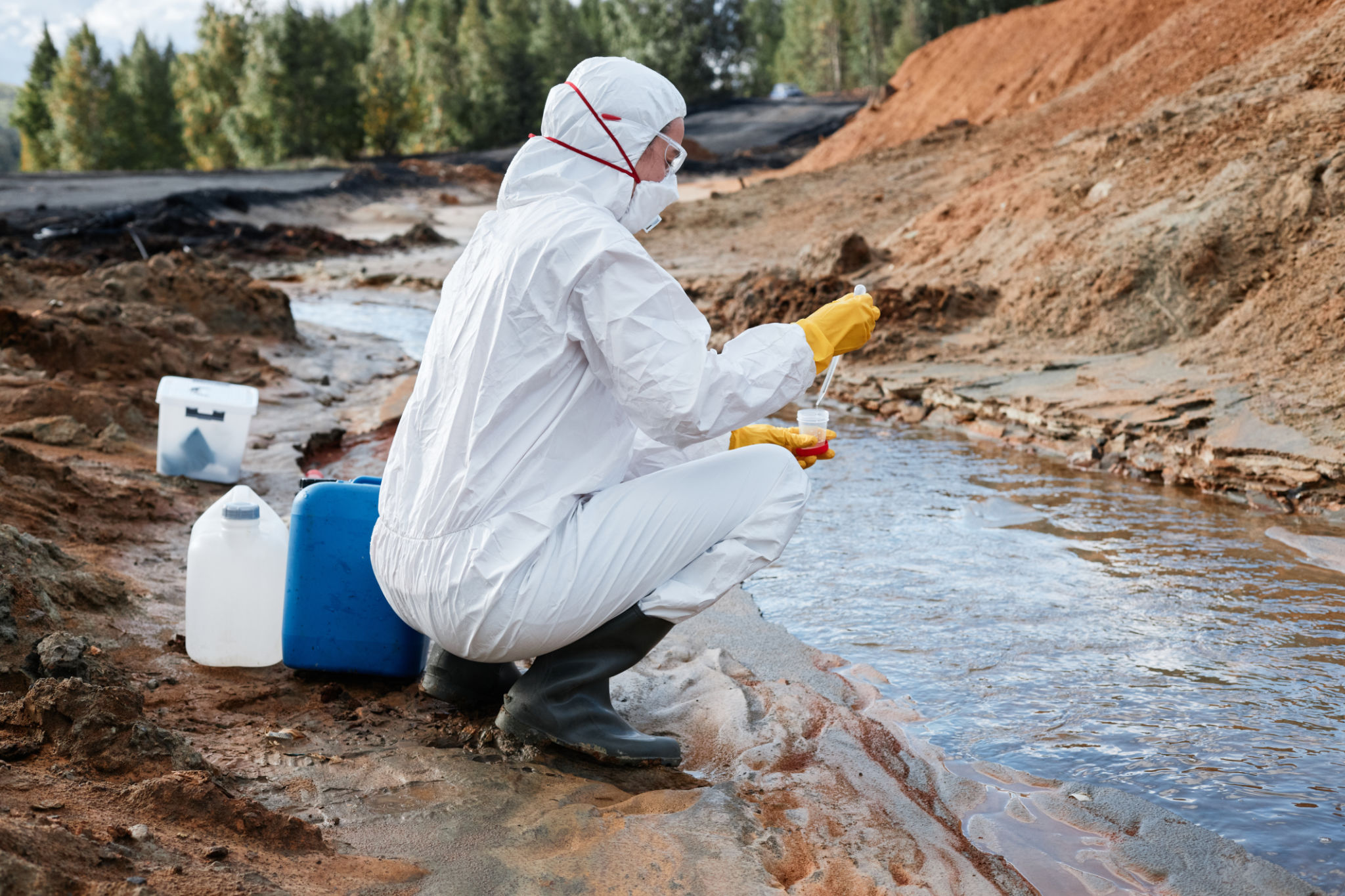Common Mistakes in Bermuda Grass Lawn Care and How to Avoid Them
Maintaining a lush and healthy Bermuda grass lawn can be a rewarding endeavor, but it requires attention to detail and an understanding of common pitfalls. Bermuda grass is known for its durability and vibrant green color, making it a favorite choice for homeowners. However, there are a few common mistakes that can hinder its growth and appearance.

Overwatering or Underwatering
One of the most frequent errors in Bermuda grass care is improper watering. Overwatering can lead to shallow root systems and increased susceptibility to disease, while underwatering may cause the grass to become dry and brittle.
How to Avoid Improper Watering
To keep your Bermuda grass thriving, aim to water deeply but infrequently. This encourages the roots to grow deeper into the soil. Typically, Bermuda grass requires about 1 to 1.5 inches of water per week, including rainfall. Consider using a rain gauge to monitor natural precipitation and adjust your irrigation schedule accordingly.

Incorrect Mowing Practices
Mowing may seem straightforward, but it’s a task where mistakes can easily occur. Cutting Bermuda grass too short or allowing it to grow too long can both have negative effects on its health.
Best Mowing Practices
For optimal results, maintain your Bermuda grass at a height of about 1 to 2 inches. Regular mowing helps to promote dense growth and prevent thatch buildup. Always ensure your mower blades are sharp to make clean cuts, which reduces stress on the grass.

Neglecting Soil Health
The health of the soil beneath your Bermuda grass plays a crucial role in its overall well-being. Soil that is compacted, nutrient-deficient, or improperly balanced can impede growth.
Enhancing Soil Conditions
Test your soil annually to assess its pH and nutrient levels. Bermuda grass thrives in slightly acidic to neutral pH levels (between 5.8 and 7.0). Use fertilizers rich in nitrogen during the active growing season to support robust growth. Aerating the soil once a year can also improve root penetration and air circulation.

Poor Pest and Weed Management
Pests and weeds can be a persistent problem for Bermuda grass lawns, leading to unsightly patches and compromised health if not addressed promptly.
Effective Control Strategies
To manage pests, regularly inspect your lawn for signs of infestation such as discoloration or unusual patterns. Use appropriate insecticides or natural remedies as needed. For weeds, maintain a healthy lawn that can outcompete weeds naturally, and apply pre-emergent herbicides in early spring to prevent weed seeds from germinating.
Avoiding these common mistakes in Bermuda grass lawn care can lead to a healthier, more attractive lawn that enhances the beauty of your home. With proper watering, mowing, soil care, and pest management, you can enjoy a vibrant Bermuda grass landscape all season long.